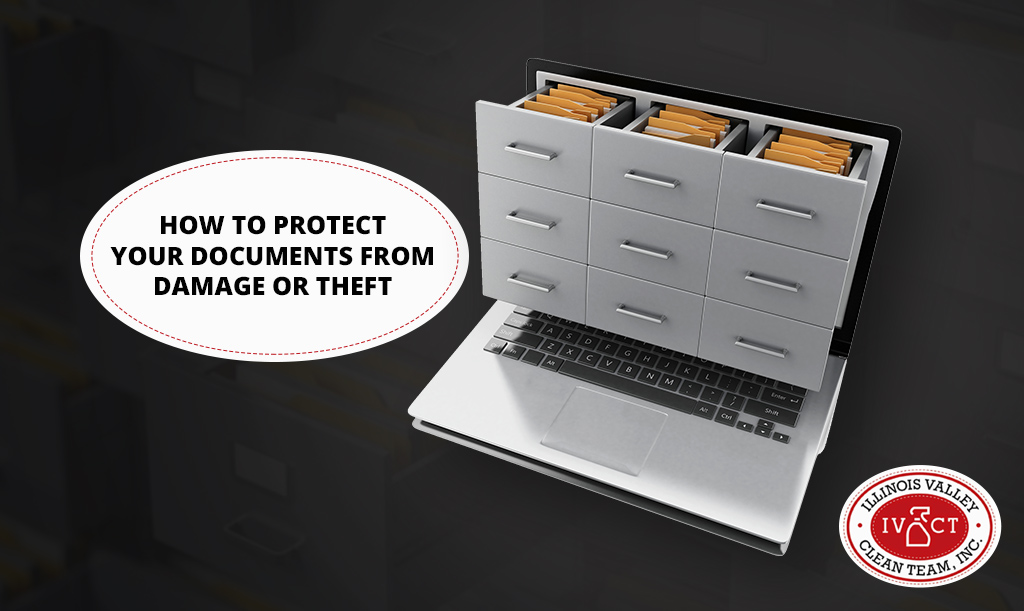
Some documents are too valuable to leave without protection. Whether you have a business that manages important papers daily, or you have some essential and personal documents unguarded at home, you need to take action. How to protect physical documents? Please keep reading, and we tell you the best ways to do it.
AGAINST DETERIORATION OR NATURAL DISASTERS
Digitalize
The first obvious action, as well as keep them under lock and key, is to digitalize your documents whenever you can. If your documents are confidential and you need to secure them from “peeking eyes,” create a password-protected folder and store them there. That way, in case something happens to your documents, you will have a copy.
Make them dust and waterproof
Do not underestimate the power of polyester-film folders. Not only do you need to protect relevant documents against natural disasters like earthquakes or hurricanes, sometimes the more threatening menace is humidity and dust. There are various options: buy the right envelopes, laminate your documents, or use waterproof sprays or wax. That way, your precious papers will be well protected in your drawers.
Buy a safe
If your documents are so important that you live in dread about the possibility of a fire or flood, there are lots of quality strongboxes in the market. Do a quick research on the internet, and you’ll find the best safe to store documents. Usually, the material of the safe is fire resistant, and also you use a code or key to open it. Finally, if you live or work in a place where property crime is frequent, consider buying a unit that can resist cracking attempts.
AGAINST THEFT OR UNAUTHORIZED USE
Create a storage plan
If you store many confidential documents in your workplace, a storage plan must avoid unauthorized use or excess of papers in your office. Employee data, customer information, business contracts, and other information alike must follow a specific process to ensure that only authorized personnel manages them, and you can track them easily and avoid misplacements.
Implement security protocols
Depending on your document’s confidentially, you can restrict access to all or some of your employees. Following a returning protocol and locking cabinets are fundamental. You have to be able to track your documents the moment you decide there shouldn’t be any paper outside the workplace.
Rent a safe deposit box
For valuable documents that you won’t be using in a long time, consider investing some money in an outside deposit box. Banks generally offer this service, and it allows you to maintain your precious papers and value objects safe in a high-security environment. Usually, the bank keeps your documents in a fire and waterproof strongbox, under lock that needs two keys to open (one is yours and the other the bank has it).
Always keep your documents safe; you never know when an accident can occur. If you’re having trouble cleaning your home or office to keep your documents in a dust and mold-free environment, contact Illinois Valley Clean Team and worry no more.